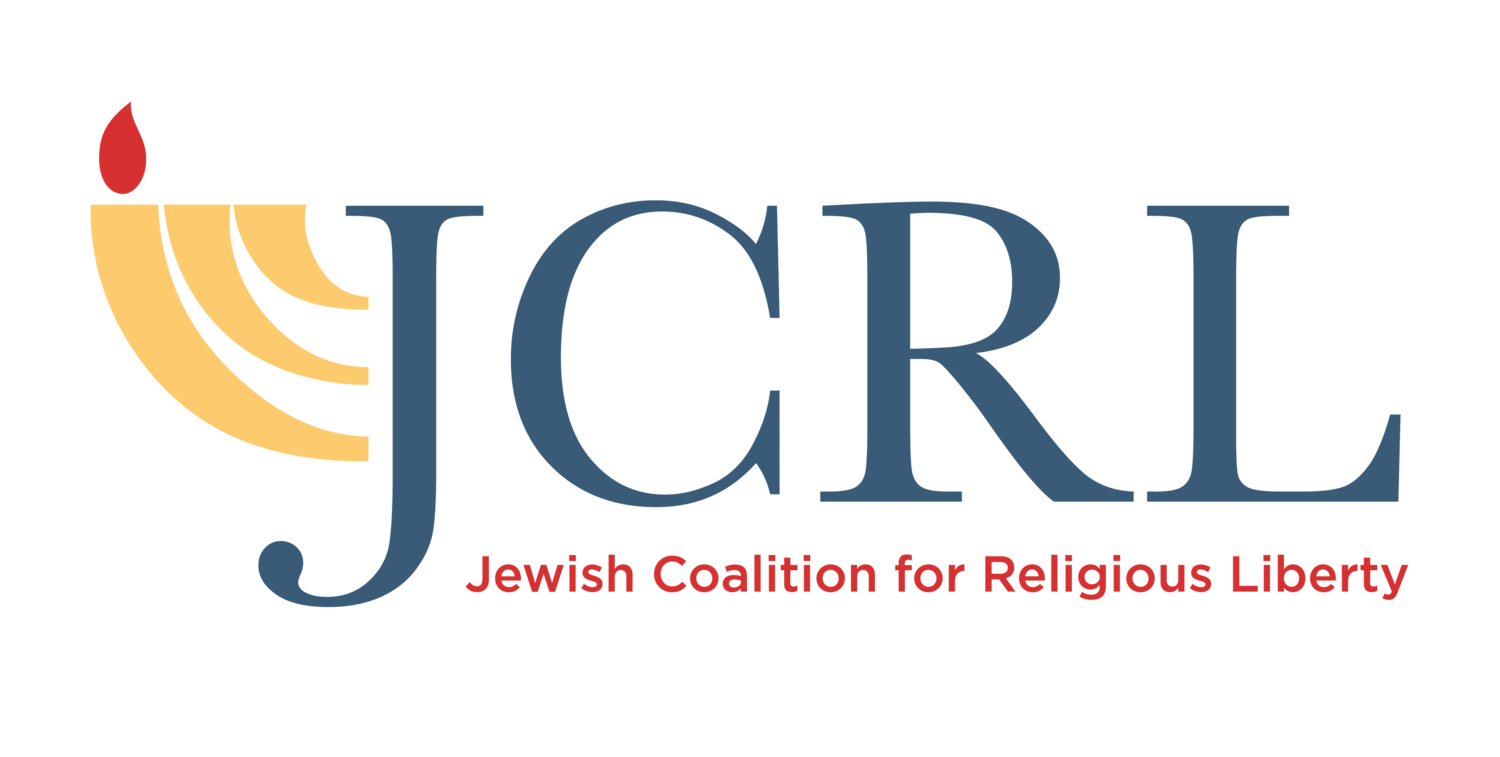About JCRL
OUR PURPOSE
A cornerstone of American society, religious liberty is now increasingly under attack. Rather than fostering an environment in which religious and secular citizens alike can flourish, federal, state and local governments have increasingly imposed a secularist agenda on both the public and private spheres. Recent examples include excluding religious references in the public square, forcing businesses to cover or stock abortifacients, disallowing churches from maintaining separate-sex bathrooms, passing ordinances clearly aimed at preventing Jews from building religious structures, and penalizing bakers and florists for refusing to provide customized products to ceremonies that violate their conscience.
Plaintiffs in religious liberty cases have included Christians, Jews, Sikhs, Muslims, Native Americans and others. To date, however, the most vocal defenders of religious liberty have been Christians, and this fact has contributed to the common and unfortunate misperception that religious liberty is solely a Christian issue. In fact, all Americans of goodwill are affected – and we all should be equally concerned and engaged. As a matter of justice and fairness, Christians need not – and should not – feel alone in a battle that involves the rights of so many others. Just as importantly, there are cultural, political, and legal reasons why religious minority voices can significantly contribute to the promotion of religious liberty, advocating for their own unique interests as well as those of their fellow Americans.
OUR MISSION
The Jewish Coalition for Religious Liberty is a non-denominational organization of Jewish communal and lay leaders, seeking to protect the ability of all Americans to freely practice their faith. JCRL also aims to foster cooperation between Jewish and other faith communities in an American public square in which all supporters of freedom are free to flourish.
OUR HISTORY AND AIMS
JCRL’s founders have already worked for years on a pro bono basis in different volunteer capacities, most commonly as “Jews for Religious Liberty.” They have filed briefs in cases including Little Sisters of the Poor (2016) (arguing that religious institutions should be exempt from the Obamacare mandate to cover abortifacients in employer-provided health care); Masterpiece Cakeshop (2017) (in defense of a baker sued for refusing to cater a gay wedding); Arlene’s Flowers (2017) (in defense of a florist sued for refusing to provide flowers for a gay wedding); Harvest Family Church vs. FEMA (2017) (arguing that FEMA aid should be equally available to religious and secular institutions); City of Bloomfield vs. Felix (2017) (maintaining that a monument of the Ten Commandments on state land does not violate the Establishment Clause); and Gagliardi vs. City of Boca (2017) (opposing a city ordinance targeting a Jewish house of worship). In only three years, JCRL’s founders have submitted 22 legal briefs, recruited a volunteer network of accomplished attorneys, and written many op-eds in Jewish and general media outlets in defense of religious liberty. We have also worked to spur public statements and action on religious liberty affairs by Jewish communal leadership, such as resolutions by the Rabbinical Council of America calling to repeal the HHS abortifacient mandate.
JCRL aims to work on several fronts:
Litigation: Advancing a strong Jewish legal defense of religious liberty through the submission of amicus briefs in key legal cases, eventually building a full litigation practice representing clients as counsel of record;
Communication: Engaging in public educational work including regularly publishing articles and op-eds in Jewish and general media, delivering religious liberty workshops to Jewish religious institutions and communal organizations, and providing public testimony at government hearings;
Coordination: Creating networks of Jewish volunteer attorneys as well as clerics and communal professionals interested in assisting legal or public educational efforts;
Education: Educating Jewish law students about religious liberty concerns in the Jewish community, training them to assist in this effort, and providing select students with the opportunity to grow professionally in this field.
Collaboration: Collaborating with allied organizations who are aligned with our mission.
